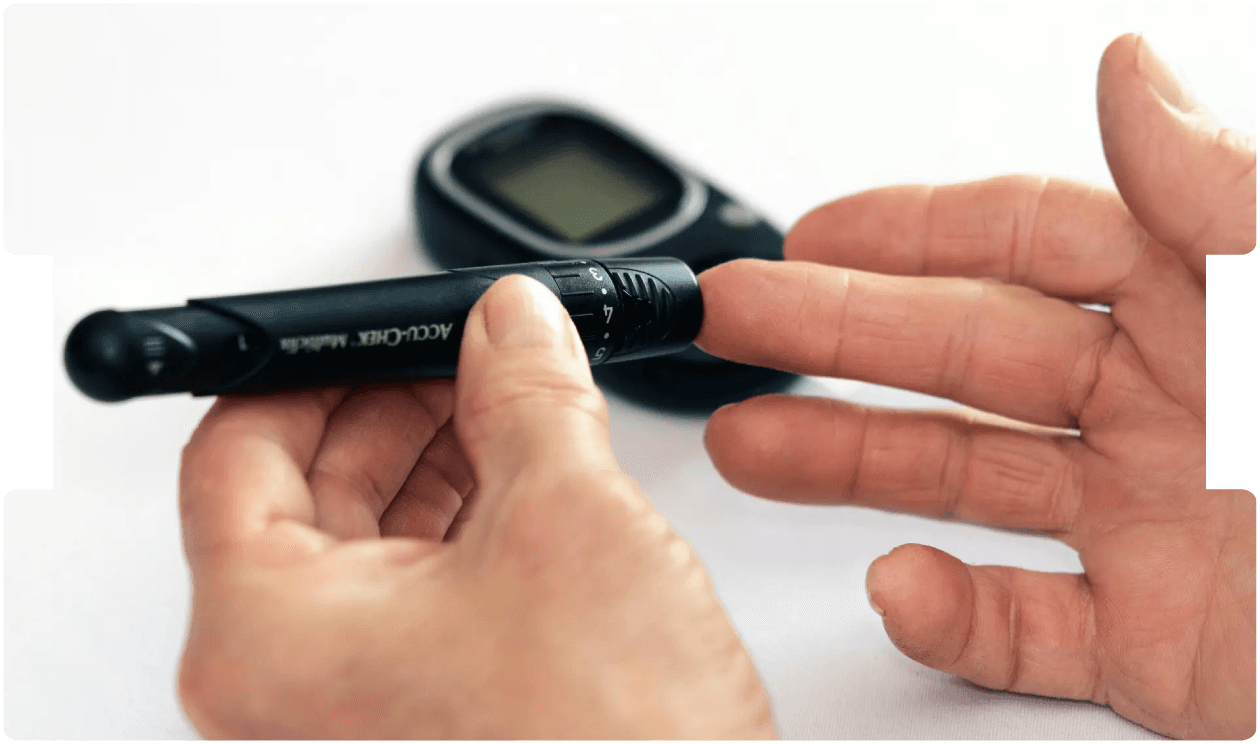Diabetes Mellitus and its Importance in Medicolegal Practice
By Dr. Paul Jennings, Consultant in Endocrinology
Posted 17 June 2024
11 Minute Read

Tags:
- Diabetes Negligence
- Diabetic Foot Ulcer
- Glycated Haemoglobin
- Endocrinology Expert Witness
- Hospital Errors Diabetes
- DKA Litigation
- Diabetes Mellitus
Expert Disciplines:
- Endocrinology
About The Author

Dr. Paul Jennings
Consultant in Endocrinology
Dr. Paul Jennings is a Consultant in Endocrinology at York Teaching Hospital with a broad portfolio across clinical, academic, and corporate roles. He has served as Clinical Assistant Professor at St George's University (Grenada), Chief Medical Officer at Norwich Union, and Co-Leader of the MSc in Diabetes Care at the University of York. His special interests include oxidative stress, insulin resistance, glucose metabolism, and metabolic endocrinology.
From the Blog
Related Articles

Gain crucial insights into delayed sarcoma diagnosis pitfalls, common clinical errors, and key referral guidelines to strengthen your clinical negligence cases and improve client outcomes.

Learn how Acute Kidney Injury (AKI) factors into clinical negligence cases. Dr. Adnan Sharif explains diagnosis, risk factors, and medico-legal relevance in renal failure and sepsis claims.
Thank you for your request!
We will get back to you as soon as possible.
